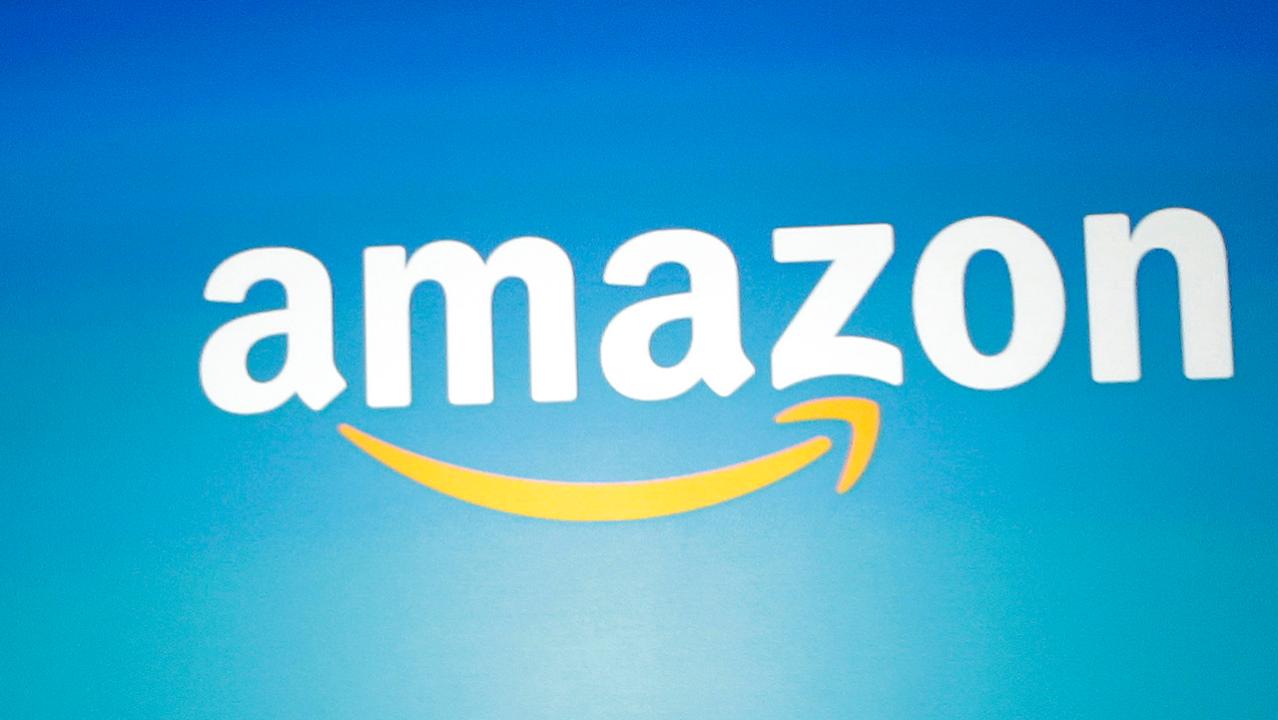Amazon in the crosshairs of President Trump?
Amazon stock sells off following report of President Trump's desire to 'go after' the company, targeting their tax treatment. Gary Kaltbaum and Hitha Herzog weigh in on 'Your World.'
President Trump’s claim that Amazon is a tax scofflaw, subsidized by the U.S. Postal Service and an unfair threat to small businesses and malls, is absurdly wrong and dangerous.
Amazon is an online platform that markets products for thousands of manufacturers and smaller merchants. It’s also a retailer in its own right by distributing directly from its own warehouses.
The company has branched into brick and mortar groceries with the acquisition of Whole Foods and is also building out its own package delivery system and entering a host of other businesses.
Amazon may not pay a lot of income tax but a good number of companies don’t because of how Congress chooses to write the tax code. That was a problem long before Amazon came along and will continue after it is gone.
Generally, online retailers enjoy an advantage over brick and mortar sores by not collecting sales taxes on shipments to states where they don’t have a physical presence. However, Amazon has warehouses in 45 states and collects sales taxes.
The U.S. Postal Service has two principal lines of business: first class and bulk mail and packages. It’s congressionally granted monopoly on your mail box comes with a requirement that it deliver six days a week to every address in the United States.
No matter how remote the location, the Postal Service charges the same 50 cents to deliver a first class letter. This just about guarantee it will lose money on mail service.
In recent years, the Postal Service’s salvation has been in providing the last mile to large package delivery companies on less than urgent shipments. This means that Fedex, UPS and others can drop packages at your local post office and the Postal Service sends those out with your letter carrier.
Taken alone, neither business would be viable. Allocating costs between the two services is a metaphysical problem in economics akin to solving the unified field theory in physics. Suffice it to say, mail delivery can’t be viable without package delivery and running the last mile for delivery services would not be possible without mail delivery.
For the right fee and a piece of my soul, I could come up with math that shows packages subsidize mail or mail subsidizes packages.
What makes Amazon so menacing is that it is so efficient. For example, it has beaten out stalwarts like IBM, Microsoft and Google to become the dominant player in cloud computing services.
Last October, just rumors that Amazon was exploring the prescription drug business sent stocks of CVS and Walgreens down.
Amazon can deliver retail products – watches, water polo gear, or whatever – with about half as much labor as brick and mortar stores and do so more conveniently in our emerging click-for- what-you-want culture. Consumers give up the pleasure of handling merchandise in stores, but on that count brick and mortar stores and local governments have imposed costs.
Large urban shopping malls charge for parking or simply overbuild retail space for their lot’s capacity. And municipal governments, which once used parking meters with minimal fees to encourage turnover and boost store traffic, are now gouging visitors, limiting on-street parking and forcing shoppers into high-priced lots.
Strip mall owners have taken to erecting fast-food restaurants and banks in the middle of once- adequate parking facilities, forcing drivers to circle for spaces much like commercial aircraft at LaGuardia airport on a heavy travel day over New York.
Still, brick and mortar stores dominate. According to the federal Bureau of Labor Statistics, Amazon has a 4 percent market share of retail sales, much less than Walmart.
Amazon’s biggest mistakes are political. CEO Jeff Bezos purchased the Washington Post and uses it to promote his liberal values and target Republicans and conservatives for criticism. That’s a particularly poor practice for the CEO of any major corporation facing large regulatory issues and clamors for antitrust enforcement.
What’s dumber, though, is President Trump politicizing antitrust and threatening Amazon.
What sets America and other strong democracies apart and makes them good locations for investment is the security of private property. National leaders can’t destroy shareholder value by threatening a government takeover or regulatory persecution to satisfy an impulse for revenge.
President Trump is raising issues that would be better left to independent regulators – if those issues had any merit. But they don’t.










































